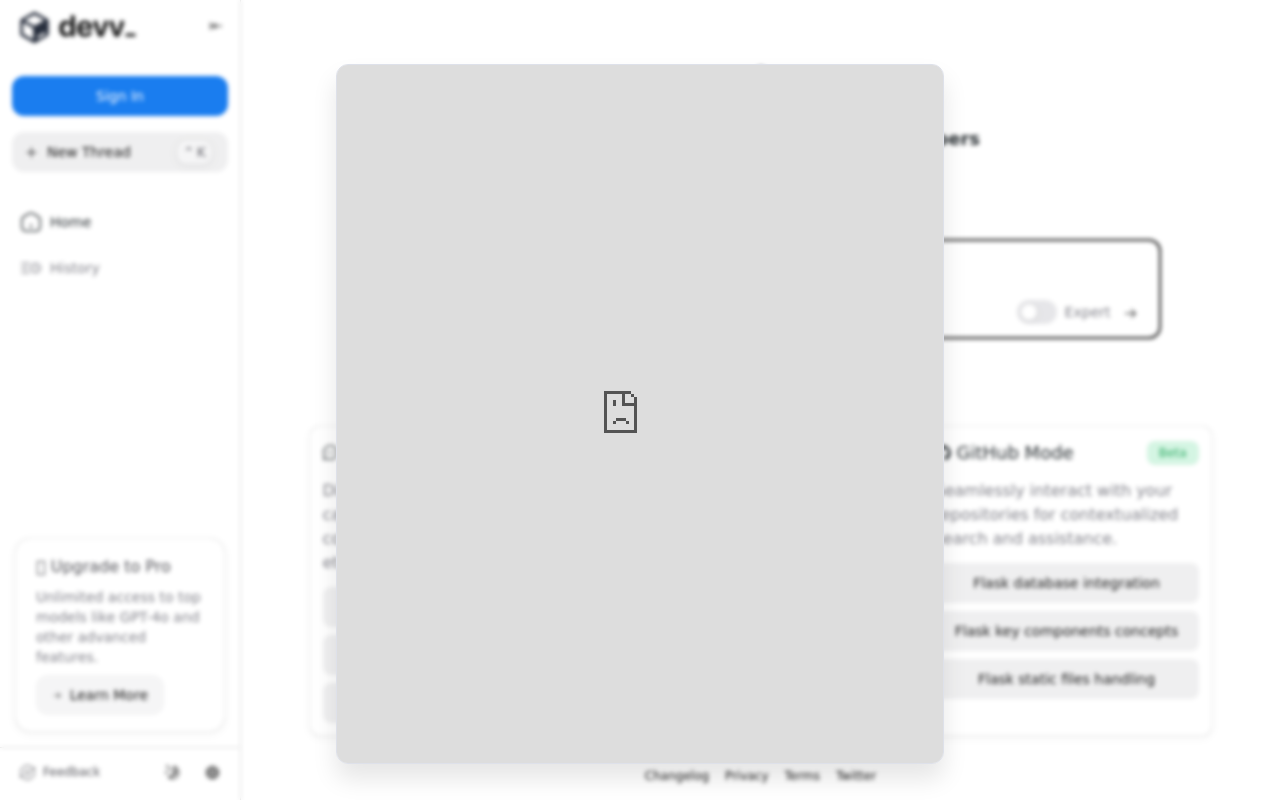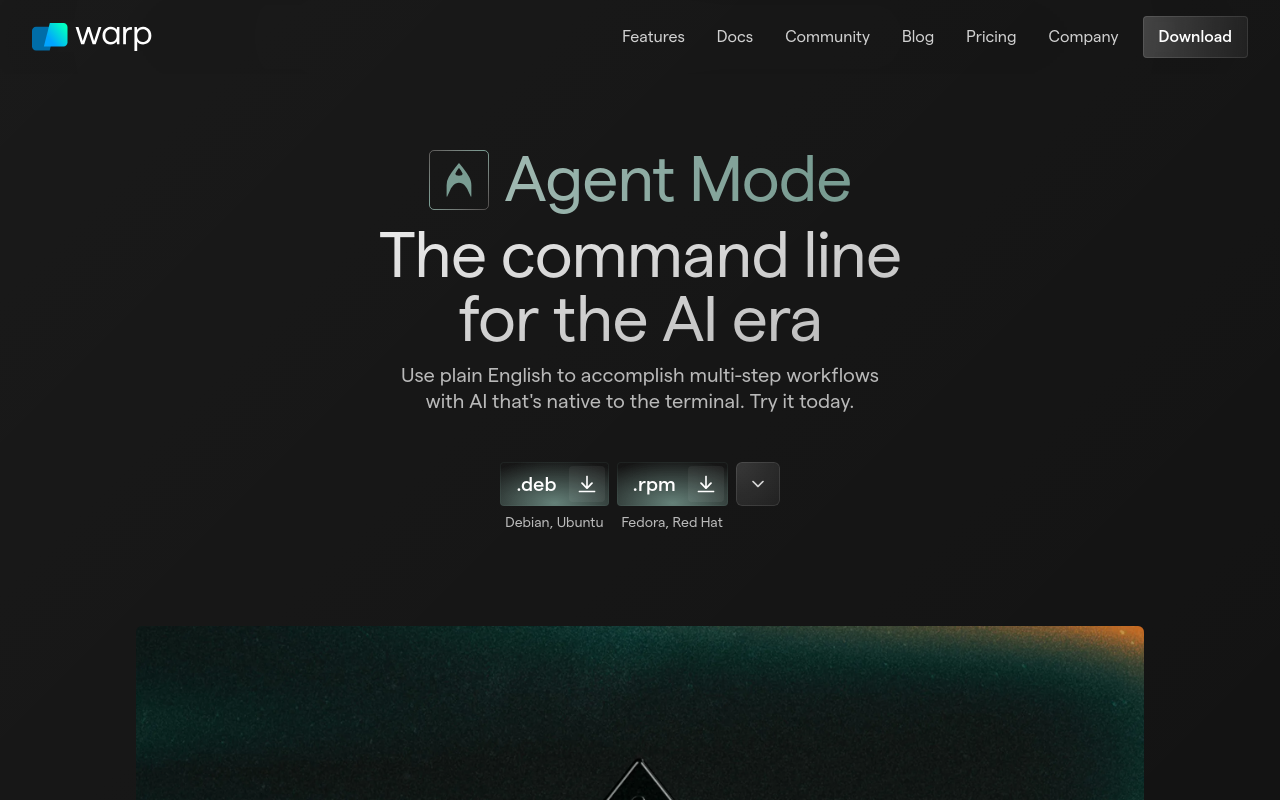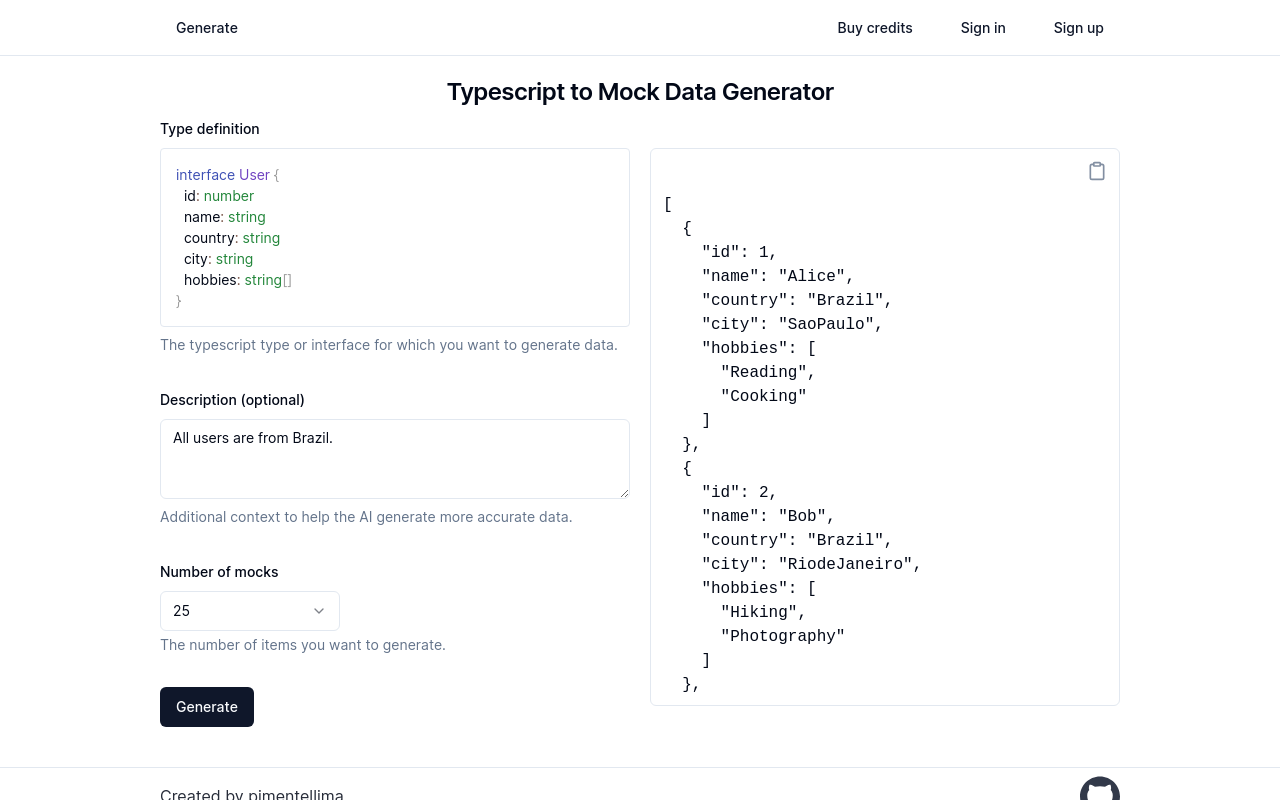Best for:
- Startups
- SMBs
- Large Enterprises
Use cases:
- E-commerce websites
- Financial applications
- Large-scale analytics projects
Users like:
- IT
- Development
- Data Science
What is TiDB Cloud?
Quick Introduction
TiDB Cloud is a powerful, scalable, and reliable MySQL-compatible cloud database designed for developers and businesses of all sizes. It allows you to create and connect to a fast and versatile database with no need for software installation, configuration, or management. With TiDB Cloud, you can scale your storage, transactional, and analytical workloads elastically, making it perfect for applications that experience varying demands. The platform supports robust security standards, ensuring data safety and compliance with international regulations.
TiDB Cloud is ideal for startups, SMBs, and large enterprises looking for a cloud database solution that offers high availability and data integrity. Whether you need a database for an e-commerce website, a financial application, or a large-scale analytics project, TiDB Cloud provides the flexibility and reliability required to support your application’s growth and performance needs.
Pros and Cons
Pros:
- Scalability: TiDB Cloud can elastically scale according to your application’s needs, allowing you to handle peak loads without manual intervention.
- Security Standards: The tool meets numerous international security standards, including SOC 1 Type 2, SOC 2 Type 2, SOC 3, ISO 27001, ISO 27701, PCI DSS, GDPR, and HIPAA, ensuring your data is safe and compliant.
- Global Availability: Deploy clusters in over 30 regions across Amazon Web Services (AWS) and Google Cloud Platform (GCP), offering extensive geographic coverage.
Cons:
- Learning Curve: New users may find the initial setup and configuration challenging without prior experience with cloud databases.
- Cost Management: While it offers elastic scaling, managing costs effectively can be challenging for businesses with fluctuating demands.
- Limited Free Tier: The free tier may not be sufficient for larger applications, leading to additional costs for scaling.
TL;DR
- Elastic Scalability: Automatically scales storage, transactional, and analytical workloads.
- High Security Standards: Complies with multiple international data security regulations.
- Global Deployment: Available in over 30 regions on AWS and GCP.
Features and Functionality
- MySQL Compatibility: TiDB Cloud supports MySQL queries and drivers, making it easy to migrate existing applications without significant changes.
- Auto-scaling: Automatically adjusts resources based on current application demands, ensuring optimal performance during traffic spikes and reducing costs during low activity periods.
- High Availability: Provides fault tolerance and automated disaster recovery, ensuring your database remains operational even during failures.
- Distributed SQL: Supports distributed transactions with strong consistency and high performance, perfect for large-scale applications.
- Comprehensive Monitoring: Offers extensive monitoring and alerting features, providing insights into database performance and health.
Integration and Compatibility
TiDB Cloud integrates seamlessly with several platforms, software, and programming languages, enhancing its versatility. It offers compatibility with:
- Amazon Web Services (AWS): Deploy clusters in multiple AWS regions for global coverage.
- Google Cloud Platform (GCP): Leverage GCP’s infrastructure for deploying TiDB clusters.
- MySQL Clients and Libraries: Compatible with MySQL drivers, making integration with existing applications straightforward.
Benefits and Advantages
- Scalability: Handles large-scale data loads without manual intervention, perfect for dynamic applications.
- Reliability: Automated disaster recovery and fault tolerance ensure high availability.
- Security: Meets international security standards, ideal for sensitive data.
- Performance: Fast and efficient transaction processing with distributed SQL capabilities.
- Global Reach: Deploy clusters across multiple regions to serve a worldwide audience.
Pricing and Licensing
TiDB Cloud offers both free and subscription-based pricing models.
Do you use TiDB Cloud?
The free tier includes limited usage suitable for small applications, while the subscription model provides more resources and capabilities for larger projects. Additionally, there is an option for a one-time purchase for specific needs, offering flexibility for different budget sizes.
Support and Resources
TiDB Cloud provides comprehensive customer support and resources, including:
- Customer Service: Dedicated support team available via email and chat for troubleshooting and assistance.
- Documentation: Extensive online documentation covering setup, management, and optimization of TiDB Cloud.
- Community Forum: An active community forum for user discussion, questions, and best practices.
TiDB Cloud as an Alternative to:
TiDB Cloud serves as a robust alternative to traditional MySQL databases by offering enhanced scalability and reliability in the cloud. Compared to other cloud-based MySQL solutions like Amazon RDS, TiDB Cloud provides distributed SQL capabilities and stronger auto-scaling features, making it more suitable for highly dynamic and large-scale applications.
Alternatives to TiDB Cloud
- Amazon RDS: A managed relational database service by AWS. Best used if deep integration with other AWS services is required.
- Google Cloud SQL: A fully-managed database service from Google Cloud that offers high availability and ease of use within the GCP ecosystem.
- Azure Database for MySQL: A managed MySQL database service by Microsoft Azure, ideal if your infrastructure is on Azure.
Conclusion
TiDB Cloud is a versatile and scalable MySQL-compatible cloud database solution designed for businesses and developers needing high performance, availability, and security. It excels in elastic scaling, making it perfect for applications with fluctuating demand. Its comprehensive set of features, robust security standards, and global deployment capabilities make it a strong contender in the cloud database market.



